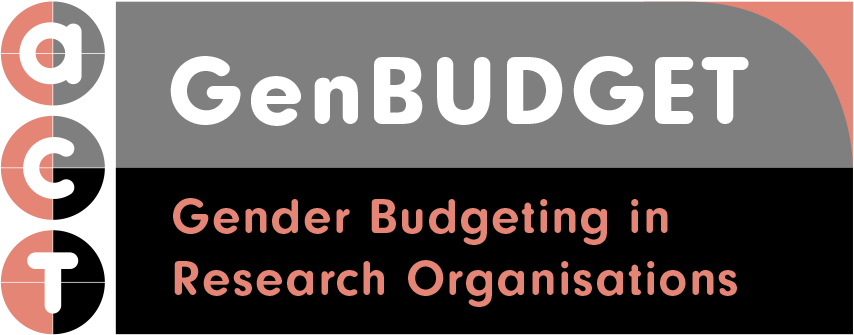
On August 21, the Icelandic Political Science Association and the Sociology Association in Iceland held a joint conference in cooperation with the Institute of Public Administration and Politics. Three research papers, related to the ACT Project, were presented:
Laufey presented a paper that directly relates to the CoP on gender budgeting: A Gender Budgeting Community of Practice: a potential to challenge gender biases in decision-making in research and higher education organisations
The aim of the paper is to critically reflect on the opportunities and obstacles of the GenBUDGET CoP in developing and implementing gender budgeting in research organisations. The findings draw on the experiences of the GenBUDGET CoP and its activities, referred to as ‘Targeted Implementation Projects’ (TIPs), to enhance knowledge and develop shared practices on gender budgeting in research organisation. In their TIPs the CoP members assess gender impact of certain financial managerial mechanisms within their research organisation and formulate measures to enhance gender equality. These activities are aimed to lay the foundations for the CoP to take action as a community, develop shared knowledge on how to implement gender budgeting and deal with resistances
Authors: Laufey Axelsdóttir, Þorgerður Einarsdóttir and Finnborg Salome Steinþórsdóttir.
Finnborg presented her paper Government‘s budget policy and gender biases in research performing organisations.
Author: Finnborg Salome Steinþórsdóttir.
This paper focusses on the implementation of gender budgeting, specifically the policy fields of higher education and science. The academic labour market is characterised with persistent gender inequalities and increasingly precarious conditions and careers that disproportionately impacts women. The paper draws on a qualitative content analysis of economic policy documents and statistical analysis to contextualize gendered power relations in academia. Finnborg finds that the gender analysis of the policy areas fails to acknowledge wider social and power relations and that gender is not systematically integrated into the decision-making. If the structures of inequality and unequal power relations in the academic labour market and wider society are not recognised in the gender budgeting processes, gendered power relations and male bias will be reproduced – and the outcomes will not progress gender equality.
Finally, Þorgerður presented the paper Gender and neo-liberal reforms of employment in public universities: the case of Iceland. Increased internationalisation, marketisation and new public management have impacted heavily on the working conditions of academics. At the University of Iceland performance based indicators and incentive mechanisms have been in place since the late 1980s, considerably earlier than new public management was introduced in Iceland. These and other evaluation procedures have gradually come to permeate the allocation of all resources within the University. The paper addresses the historical background of the University Teachers' Productivity Evaluation Fund and its gendered consequences, and why the University of Iceland has taken the new public management farther than many other universities in Europe.
Authors: Þorgerður Einarsdóttir and Finnborg Salome Steinþórsdóttir.
